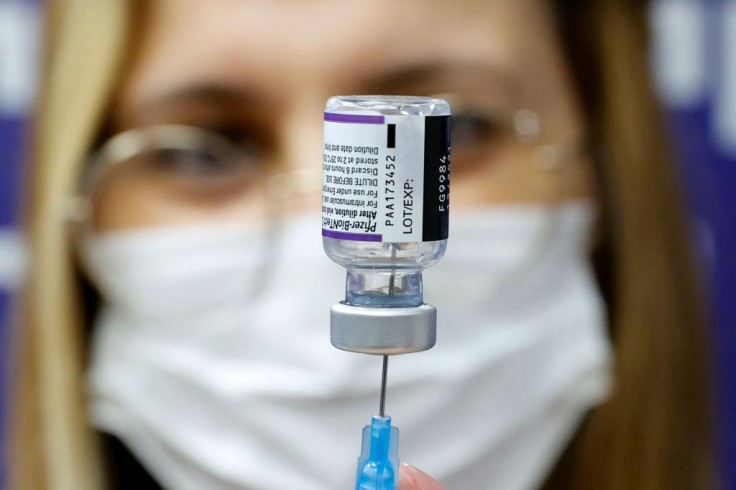
Vaccine hesitancy remains a problem for public health nearly a year after the first vaccines were distributed to the public to address the COVID-19 pandemic. There are many complicated factors as to why this has persisted. The ongoing debates are still in the headlines amid the tsunami of threats from both the Omicron and Delta COVID-19 variants.
If you have family members who are still vaccine-hesitant, here are some ways that might help convince them to finally line up and get inoculated.
Do empathize and make them feel empowered.
Sometimes, presenting facts about the vaccines will not be effective, according to pediatrician Dr. Jesse Hackell. Thus, it's important to delve deeper and understand why some people in your family are vaccine-hesitant. Figure out their concerns and worries. Listen to their fears and hesitation, and then acknowledge these before rationalizing that the disease, not the vaccine, is the real danger with factual evidence.
Understand that most people have fears about the vaccine since the pandemic has changed everyone's lives. Dr. Saad Omer of the Yale Institute of Global Health said that it would help to make people feel more empowered about their choices. Emphasize that they "can do something about this disease" by getting vaccinated.
Don't counter misconceptions too eagerly.
Be careful, however, not to shame a family member for their opinions about the vaccine. Trying to convince someone to get the jab will not work if you make them feel stupid. Per Omer, calling out a family member's belief in the myths will focus on this argument rather than the facts. The most important approach is to "replace the misinformation with the correct information."
This isn't to say that you should agree with their wrong perceptions to avoid arguments. Continue with the conversation but steer this towards a clear path away from vaccine hesitancy.
Do move discussions off social media.
If you're communicating with a family member on social media, it might be necessary to have a sit-down or private conversation in person or on the phone. Sometimes, communication via social media is different from actual conversations. Thus, it's very easy to misunderstand someone who could end up getting hurt. So, get offline and engage more personally with that family member to get the message across effectively.
Do help them make it happen.
Having a serious one-on-one with family members will also help them figure out why they need to get vaccinated. According to the U.S. Centers for Disease Control and Prevention (CDC), once they know the right reasons for getting the jab, the next step is to help them make this happen. Offer to help out set a vaccination appointment, drive the family member down to the vaccination site, or offer to babysit their kids so they could go to their vaccine appointment.
Make family members with vaccine hesitancy understand that they are protecting themselves and the community. If more people are vaccinated, the lesser chances the virus can mutate stronger, and this pandemic will end sooner.